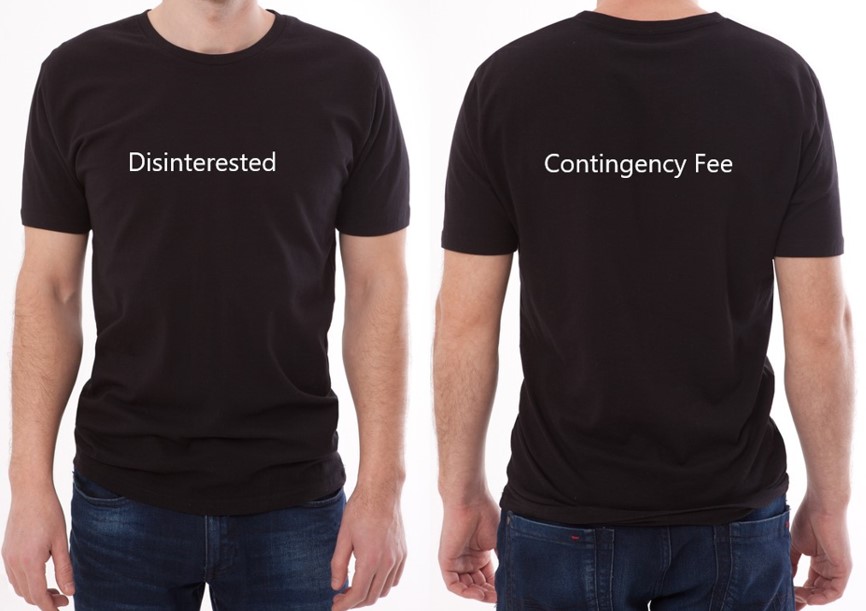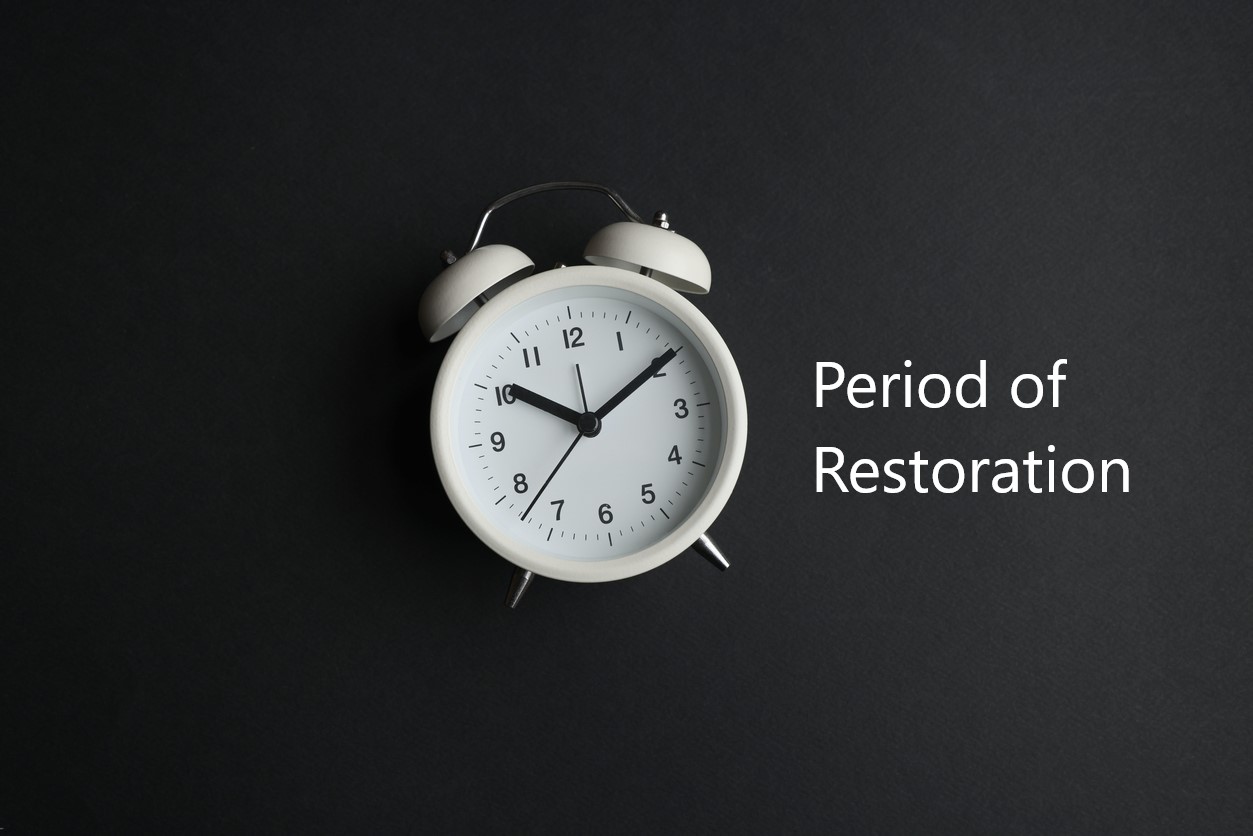Insurance companies always have obligations of good faith and fair dealing when adjusting losses for their customers. Shaun Marker’s post yesterday, Insurance Carriers Have Duties Too Once They Receive Notice Of A Loss, reminded everybody of that obligation. Yet, Kristin Cummings noted the following in her article, “The Devolution Of Appraisal In Insurance Disputes:”
Appraisal was developed as an alternative to the expensive and time-intensive litigation process when the only dispute between two parties was a legitimate dispute as to value. Respected professionals in the field at issue would, from time to time, agree to serve as an appraiser or umpire and bring their expertise to assist in resolving the dispute. This wasn’t their primary job but a secondary and occasional one, resulting from the expertise developed during years working in a particular industry. These professionals would work cooperatively with the umpire in resolving the disputed valuation issue.
Not anymore. Because appraisals, unlike judicial methods of resolution, are not governed by established procedural rules or ethical codes of conduct, there are few impediments to maneuvering, manipulation, bullying and sometimes outright fraud. And with appraisers having essentially assumed the role of nonattorney advocates for their clients, the boundaries of acceptable advocacy are often pressed.
So what is to be done when such conduct takes place, and there is no “man or woman in the robe” to address such conduct? The process cannot be abandoned as the insurance policy requires completion of the appraisal process. Seeking judicial intervention might prove difficult as appraisal is, by its very nature, a nonjudicial process. Unfortunately, there is no good answer for the party faced with such conduct other than: fight back! (Emphasis added)
Without the rest of the article, the last statement is out of context, but I quoted at length to give it background.
A policyholder is a customer after a loss and during disagreements, just as the policyholder was a customer when the insurance company took the premium. Two wrongs never make a right. The policyholder does not deserve “a fight.”
Does anybody seriously contend the delays and fights now common in the claims process are solely the result of policyholders seeking professional help to determine the value of a loss?





